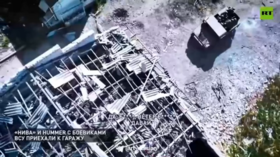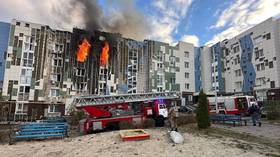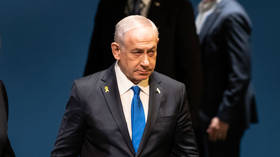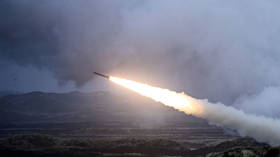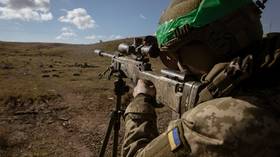‘Russian GPS’ aims for poll position
Russia has launched three more satellites into space as part of GLONASS navigation system. It's designed to offer an alternative to the American GPS. 17 satellites are already orbiting the earth.
Like much of today’s technology Russia’s Global Navigation Satellite System was developed by the military. Since 1982 it has been used for army navigation and ballistic missile targeting.
“Previously we had a fully operational system but then, during some tough times, it was downgraded. Then in 2001 a federal programme was launched and today we are seeing the group’s expansion,” said Nikolay Testoedov, GLONASS General Constructor.
Specialists promise that one day GLONASS will become one of the most accurate navigation systems. They also point out that if combined with existing GPS, its precision could be breathtaking, with close to 100 per cent location accuracy anywhere on Earth.
“Twenty-four satellites of GLONASS or GPS are not enough for stable navigation in so called shadow areas like, for example, big cities with tall buildings so together they will help minimise these navigational errors,” explained Viktor Kosenko, GLONASS First Department Chief Constructor.
In the future the system will navigate ships, planes and even help in rescue efforts.
Even now, with just 17 operational satellites, GLONASS has proved to be very useful in Russia. It keeps an eye on prisoners and navigates buses. It helps operate bridges and monitors police cars and street-cleaning vehicles.
Even the prime minister’s dog is now tied to a twenty-thousand-kilometre satellite leash.
And with accessibility to regular people rapidly growing, Russia looks certain to take a leading role in the field of satellite navigation and space exploration as a whole.



